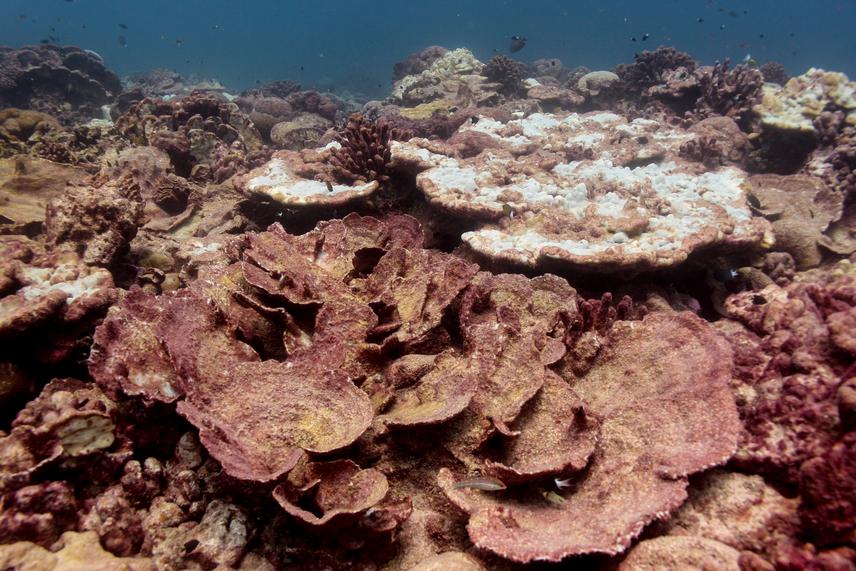Julia K. Baum
Other projects
21 Jun 2017
New Insights about Coral Reef Resilience from the Heart of the 2015 - 2016 El Niño
This project, which builds upon my previous RSGs, aims to advance coral reef conservation. I will capitalize on the 2015-2016 El Niño-induced mass coral mortality that occurred on Kiritimati, synthesizing the data we collect this summer from Kiritimati’s entire coral reef ecosystem with the data we collected over the course of the El Niño, to advance understanding of the long-term cascading effects of coral mortality on other ecosystem components, especially the fish communities, and to characterize coral recovery rates. This knowledge is critical for understanding how coral reef ecosystems might be impacted by long-term ocean warming and which coral reef conservation strategies will be most effective against climate change. My team and I will also conduct our coupled socioeconomic-ecological monitoring program, continue our conservation education and outreach activities, and communicate our results broadly through presentations, research reports, peer-reviewed papers, and the media to help advance coral reef conservation globally.

Coral reefs are the world’s most biologically diverse marine ecosystems, and arguably also the most threatened, given the imminent threat posed by climate-change amplified heat stress events. Conserving these ecosystems is therefore a high priority, but it will require that the scientific community advances current understanding of how coral reef ecosystems can survive this century of climate change.
This project builds upon a decade of work by me, my students, and our local collaborators on Kiritimati (Christmas Island; central equatorial Pacific Ocean). Kiritimati was the epicenter of the 2015-2016 El Niño, which caused devastating coral bleaching worldwide. Prior to this event Kiritimati included near-pristine and highly degraded coral reefs; the El Niño caused mass coral mortality around the entire atoll. Studying one of the hardest hit locations can provide new insights into how prolonged heat stress impacts coral reefs and how some corals are able to survive this stress. Kiritimati offers a unique platform for understanding how local (e.g. fishing, pollution) and global (i.e. climate change) stressors interact, because the atoll has a spatial gradient of local disturbances. This enables us to rigorously examine the hypotheses that lagged ecosystem-level effects of heat stress will be minimized, and reef recovery rates faster, in areas with fewer local stressors.
In 2019, we will build from this knowledge to assess long-term ecosystem consequences of the 2015-2016 El Niño and to quantify coral recovery rates. My team and I will use underwater surveys to quantify changes to reef structural complexity, the abundance, biomass and diversity of the fish and urchin communities, and changes to the reef food web (assessed via stable isotope analyses). We will also quantify coral recovery, focusing on changes to benthic community composition, coral recruitment, juvenile settlement, and coral growth and changes in the microbiomes and energy reserves of the tagged corals we have been tracking for several years. Additionally, we will conduct interviews with household heads in each of Kiritimati’s villages, repeating our core survey questions in order to quantify the socioeconomic status and well-being of Kiritimati’s people, as well as the fishing pressure around the atoll, changes in both over the past decade, and people’s perceptions of climate change. Finally, we will conduct coral reef education and conservation activities, and engage with local leaders and managers to motivate conservation measures.